
Study abroad at LIS


Why study abroad?
LIS is part of a global network
Through new partnerships with universities around the world, BASc students can add an international dimension to their studies by living and learning in different academic and cultural settings.
What you'll gain:
- Deep cultural immersion and the chance to live in a new country
- Exposure to different teaching styles and academic specialisms
- A stronger global network of peers and future collaborators
- Fresh ideas and perspectives to bring back into your BASc studies
Apply now


- Founded in 2000, Singapore Management University is located in central Singapore, a hub of commerce, innovation, and culture.
- It is ranked #511 in the QS World University Rankings 2026, with business and finance programmes among the top in Asia.
- Our partnership is with the College of Integrative Studies (CIS), the first of its kind in Singapore, which enables students to design individualised majors across disciplines and pursue flexible learning pathways.
Visit website

- Founded in 1636, Utrecht University sits in the heart of the Netherlands, in a historic city known for its medieval architecture and vibrant student community.
- It is ranked #103 in the QS World University Rankings 2026, placing it among the top 30 universities in Europe.
- The university is known for its research excellence, open academic culture, and welcoming international environment.
Visit website
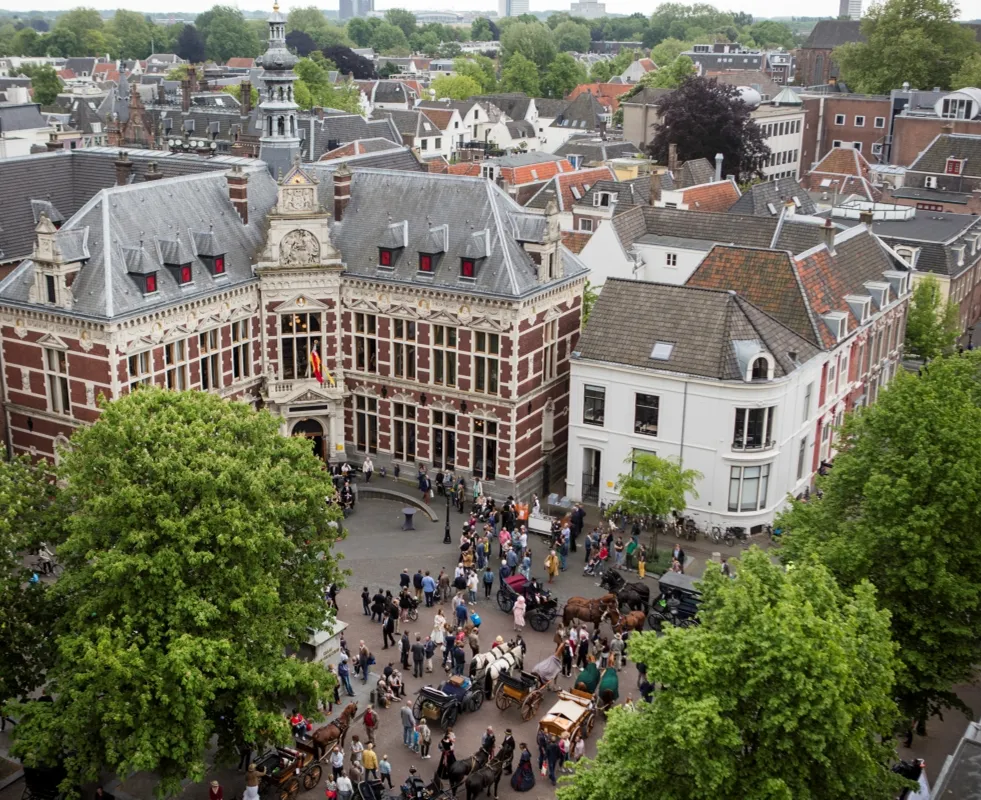
- Founded in 1632, the University of Amsterdam is based in the Netherlands’ capital, a city known for its canals, creative energy and international outlook.
- It is ranked #53 in the QS World University Rankings 2026, placing it among the top universities in Europe.
- The university offers a vibrant academic community, a strong research profile, and a collaborative learning environment.
Visit website
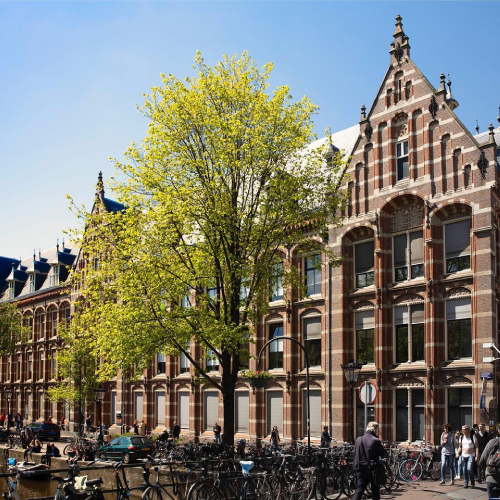
- Founded in 1990, Universidad del Desarrollo is based in Santiago, Chile’s vibrant capital, with its main undergraduate campus in Las Condes, a district known for its modern architecture and dynamic student life.
- It is ranked in the #1201–1400 band in the QS World University Rankings 2026 and sits among the top universities in Latin America.
- The university is known for its strong entrepreneurial focus, close industry connections, and welcoming international community.
Visit website
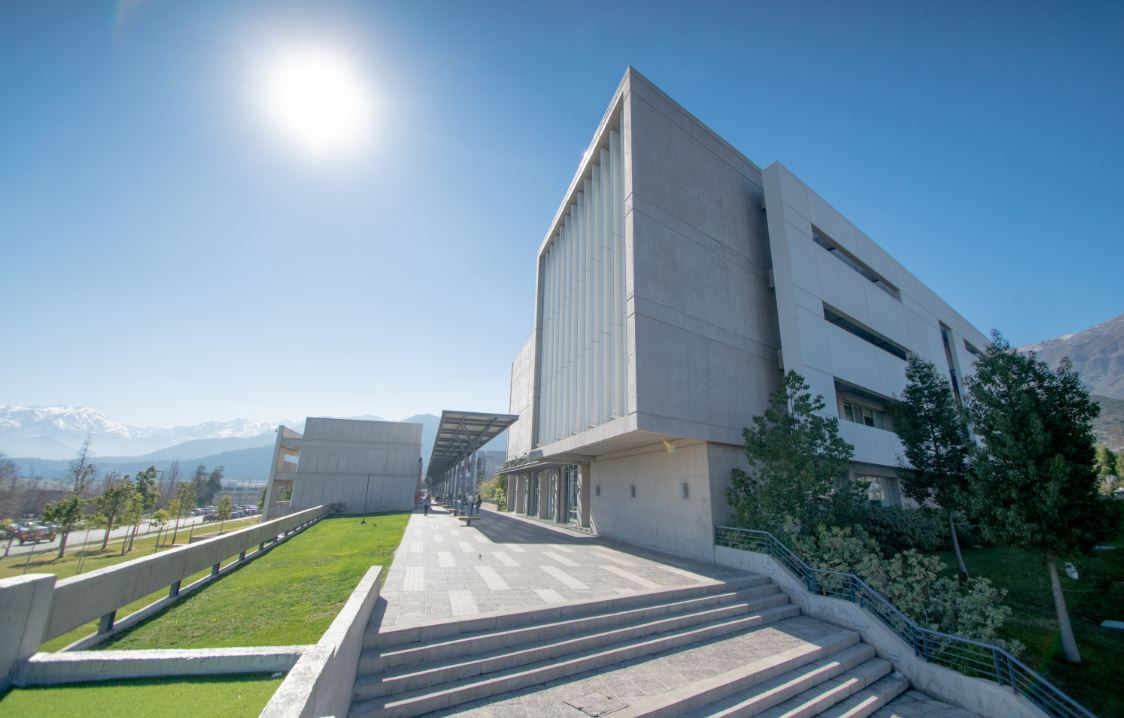
- Founded in 1872, emlyon business school is located in Lyon, France’s second largest city, known for its culture, gastronomy, and student life.
- Consistently ranked among the leading business schools in Europe, most recently #11 in the Financial Times European Business Schools ranking (2024).
- The school is known for its entrepreneurial mindset, global outlook, and innovative approach to business education.
Visit website
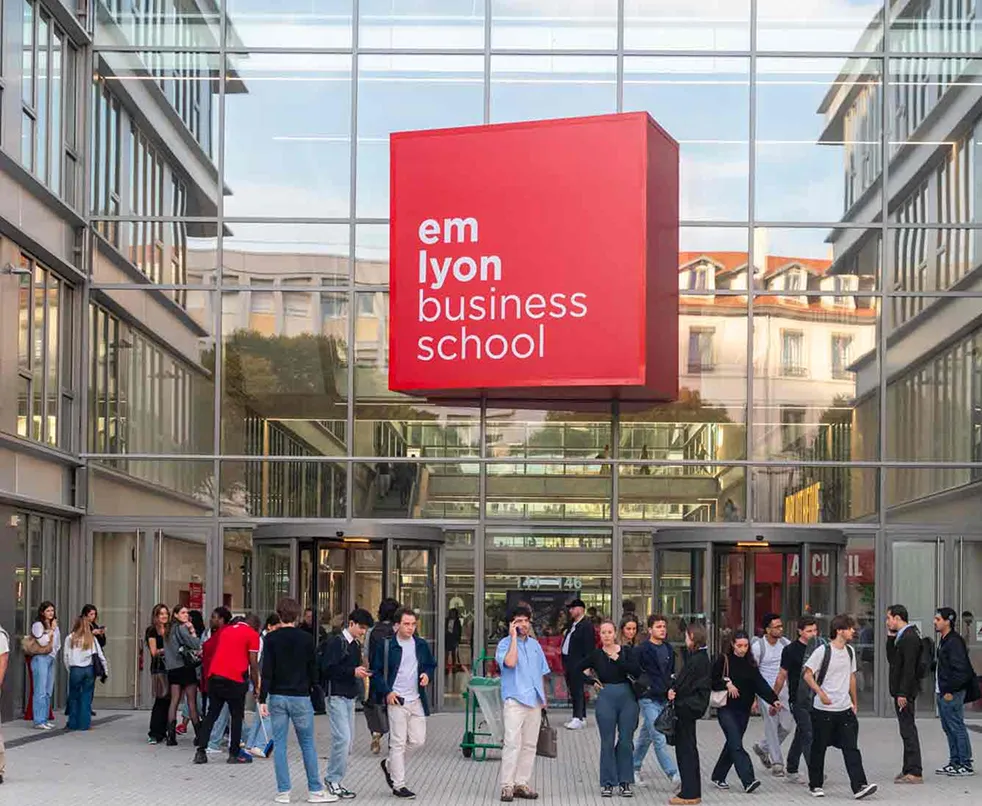

For the 2023/24 academic year, Term 2 offers a range of 15-Credit modules. Students typically study three modules per term, but you can opt to study less or more. Your module choices are subject to approval depending on available places and your academic background.
Prior to enrolling at LIS you will have a call with one of our advisors to talk through your study plan. You'll also join a coaching group and engage in weekly coaching sessions with peers and an academic tutor.
.svg)
This module introduces more concepts and skills that students can use to tackle complex problems. The problem area is global environmental change. Students work in groups to research a specific environmental and/or climate-related problem in their local area, in collaboration with a company, non-profit, or public sector institution.
They interview their ‘client’ about the different people and organisations involved, and then choose two disciplinary perspectives from four (currently Environmental Studies or Materials Science, and Politics or Law) to explore their research questions and write a consultancy report.
Knowledge and skills:
- Drawing and understanding connections
- Working with external organisations
- Stakeholder mapping
.svg)
Problems 2b focuses on problems surrounding urban futures. What sort of future should we be enabling for our cities? How, why, and when? This module will move you from developing hypotheses to focusing on the design of interventions.
Through workshops and off-site urban exploratory walks and prototyping projects, you’ll be able to test and measure the impact of collaborative and interdisciplinary interventions to further the opportunities of urban futures.
Knowledge and skills:
- Architecture
- Prototyping
- Project management
.svg)
Natural language processing (NLP) explores how language can be manipulated using computational tools. NLP sits right at the heart of contemporary developments in AI and machine learning, so knowledge of it is crucial if you are to understand present-day and future technologies. Starting with fundamentals, you will learn to curate, analyse, and generate language at speed and scale, including language from social media and other ‘big data’ sources. You will also learn concepts from linguistics and information theory that help understand how language works. Most importantly, you will gain the confidence to teach yourself new developments in this fast-growing field.
Knowledge and skills:
- Python programming
- Linguistics, information theory, AI and machine learning
- Use of industry standard NLP libraries
.svg)
Network science is an important mathematical tool in today’s world, as many of our day-to-day environments are made of networks. In this module, you will learn to represent networks mathematically as ‘graphs’ and study how to find the shortest paths, cycles, tours and colourings. You will learn about equilibrium and dynamics in networks, and how to apply this to model epidemics.
Then, you will study matchings in graphs, which are related to mechanism design for allocation of indivisible resources. We will move on to game theory and how this is used to analyse strategies and choices in real-world situations in politics, economics and business. You will study strategic form games (e.g. prisoner’s dilemma, the commons problem), dominant strategies and Nash equilibria.
Knowledge and skills:
- Mathematical modelling
- Dynamics in networks
- Strategic thinking
- Mechanism design
.svg)
In the world where everyone is competing for your attention, how can we tell the story of a complex issue like climate change? This module looks at the forms and structures which storytellers use from a five act play to a podcast and on to a Virtual Reality platform. Along the way we consider the business models which support today’s media organisations. At the end of the module, you’ll put together an authentic multi-media campaign strategy which draws on everything you’ve learnt.
Knowledge and skills:
- How to communicate to different audiences
- How to analyse structures and media
- How to create multi-media campaigns
.svg)
Writing is a thinking habit. Wording thoughts in written form affords insight and structure, and it allows you to communicate clearly. Thinking through Writing is an advanced qualitative-method module aimed at enhancing the ability of students to analyse interdisciplinary texts and reproduce features of the texts’ constitutive registers in their own writing.
Historically, styles of writing and genres are associated with different mindsets and disciplinary bodies of knowledge. Yet, more than any other genre in the history of written communication, the art of manifesto making captures and exemplifies the nature of interdisciplinary thinking. Manifestos mix elements of different registers – the critical, the performative, the metaphorical, the utopian, etc, into powerful new syntheses of purpose and action. By engaging with a sample of manifestos, students will learn to recognise, cultivate, and switch between disciplinary mindsets, thus improving their capacity to read and reproduce registers across written texts.
Knowledge and skills:
- Advanced skills for critical thinking
- Methods associated with different disciplinary mindsets
- Ways of synthesizing knowledge in writing
.svg)
What does it mean to say a system is complex? And how can we model such systems? While everyone shares an intuitive sense of what complexity means, various academic disciplines have deepened our understanding of complex phenomena.
This module will give participants a scientifically rigorous introduction to the concept of complexity. Specifically, it will explore how mathematics and the wider sciences have generated conceptions of complexity that have been influential across a variety of contexts. This will include mathematical fundamentals needed to engage with these concepts of complexity, as well as example applications where these concepts are applied to real-world systems.
Knowledge and skills:
- Mathematics of complexity
- Complexity, fractals, chaos, universality
.svg)
This module invites you to consider ethnography as not just a method, but also as a mindset - a powerful tool for innovation and creative problem-solving that prioritises the needs of the participants. We will explore the ethnographic practice through a range of perspectives and industries, including the digital landscape, urban planning, academia, decision-making science, technology and design. But before we go there, we will think through the insights and implications of ethics. Ethics can sometimes be perceived as a hurdle, a chore or an afterthought in research, relegated to a tick-box exercise.
Throughout this course, we’ll aim to change that perception and strive to leverage ethics as an insightful lens to bolster empathy and our understanding of the cultures and behaviours we aim to study.
The course will have two complementary pursuits: we will engage practically with sub-genres of ethnography (such as urban ethnography and digital ethnography) and couple this with theoretical insight of key ethnographic themes such as kinship, space, place and gentrification.
By the end of the course, you should have an arsenal of ethnographic techniques coupled with a renewed appreciation for the ethical process, seeing it as a companion to impactful problem-solving.
Knowledge and skills:
- Ethnography, ethics
- Anthropology, geography, psychology, computational neuroscience
- Software, technology, AI, education
.svg)
In this module, you will work in small groups to design and implement a campaign of importance for a community of which you are a member. You will be encouraged to deploy appropriate qualitative methods to understand the needs of your community, for example participant observation, interviews, focus groups, surveys, cultural probes and creative practice.
You will be exposed to and encouraged to deploy appropriate campaigning tools, such as events management, guerrilla marketing, media relations, and social media marketing. Finally, you will deploy methods for the analysis of successful campaigning, for example close reading, visual literacy and narratology, and be encouraged to deploy the lessons of their analysis in their campaigning.
Campaigning can be a powerful means of achieving social change, whether understood in traditional political terms (e.g. the Obama campaigns) or as protest movements (e.g. Extinction Rebellion, Just Stop Oil, Black Lives Matter). Meanwhile, the skills involved translate into various ‘real-world’ areas of practice, such as media, marketing, and local and national government.
Knowledge and skills:
- Community organising
- Academic analysis of campaigns (e.g. close reading, narratology, etc)
- Campaigning (e.g. guerrilla marketing, media relations, etc)
.svg)
This module will introduce methods from the arts, social sciences, and natural sciences that can be used to understand ecosystems and environmental change, mainly focusing on local habitats and species. It starts by introducing the complex interactions between 'social' and 'natural' systems, as well as discussing how to analyse and interpret secondary ecological data (e.g., climate metrics).
This is followed by alternating blocks of ecological methods (collecting scientific data) and ethnoecology methods (collecting data on people's insights) about species and habitats, respectively. Working at the species level, you'll learn the skills of observing, measuring, estimating, and recording, as well as understanding how people recognise, classify, and use different species. At the habitat level, you'll learn to measure water pollution, air pollution, and soil pH levels, and work with people to understand how they experience their local places through participatory mapping and transect walks.
The module also introduces elements of journaling and ecologically inspired creative practice (eco-art, poetry, song, and storytelling) to reinforce a ‘sense of place’ and an emotional connection with the wider community of life on Earth. You'll learn to listen to marginalised voices, reflect on shifting power dynamics, and hone your intuition to develop new (and ancient) ways of relating to land, flora and fauna.
Knowledge and skills:
- Observing, measuring, estimating, and recording
- Ecological measurement and metrics
- Creative practice

Study abroad students can join us for a full academic year, or for 1 or 2 terms; the Autumn (Fall) term and/or the Spring term.

Find out more about our course fees, financing options, and support available through scholarship and discounts.
These are the fees for the 2024/25 academic year.
Scholarships and discounts available on a case-by-case basis.
How the year abroad works
The Study Abroad takes place between Year 2 and Year 3 of the BASc. You’ll spend the full academic year enrolled at a partner university, before returning to complete your degree in London.
How to apply
You can apply directly to the BASc with a Year Abroad on UCAS or via our website, or transfer into the programme after joining the BASc. Our admissions team can guide you on the best route for your plans.
Next steps
Want to explore your study abroad options? Book a call with our team or email admissions@lis.ac.uk
FAQ - BASc with a Year Abroad
Eligibility & Application Process
If l am admitted to the standard BASc programme, can I transfer onto the BASc with a Year Abroad?
Places on the BASc with a Year Abroad are limited and are first guaranteed for students admitted directly to the programme.
We will let you know during your first year of the BASc programme if additional spaces are available on the BASc with a Year Abroad and how to apply during your first year.
If l apply to the BASc with a Year Abroad and am not successful, can I apply to the standard BASc programme?
Applications for the BASc with a Year Abroad programme are automatically considered for our standard BASc programme.
No separate application is required and we will automatically consider you for both programmes.
The programme for which you have been admitted will be communicated in your Offer Letter.
Can I change my mind after transferring onto the study abroad programme?
You can transfer back to the standard 3-year BASc programme if you decide not to go abroad, provided this decision is made before you travel.
We do ask, however, that you let the team know at abroad@lis.ac.uk as soon as possible to give us the chance to offer the place to one of your fellow students.
If you make this change close to the start of the academic year, there is a risk that your Student Loans Company (SLC) funding and tuition fee payments may be delayed.
There is no fixed deadline if you are already abroad and need to return early for any reason.
In this situation, LIS will discuss the academic and financial implications with you. Please note that returning early may involve financial consequences (for example, accommodation costs) and could mean missing significant teaching and assessment. Missing even a few weeks of study at LIS can be difficult to recover from.
Year Abroad Details
What partner institutions are available for the year abroad?
Our current list of partner institutions for the BASc with a Year Abroad program are:
- emlyon business school, France
- Singapore Management University (SMU), Singapore
- Utrecht University, The Netherlands
- University of Amsterdam, The Netherlands
- Universidad de Desarrollo (UDD), Chile
We are continually looking to expand our international footprint in different ways and will keep you informed as this progresses.
What modules are available to me to study?
Each partner provides a list of the modules and courses you are able to study. Please see each partners exchange websites for details:
Do I need to speak another language to go abroad?
All Year Abroad partners offer a wide range of modules taught solely in English with no language requirements. Individual modules may have specific language requirements (for example, Spanish language requirements at UDD, Chile).
What support will I get while I'm abroad (academic, wellbeing, logistical)?
The host institution will treat you as a full-time student. You will have access to the same level of support they provide for their home students.
The LIS team will still be there for you as well; you can always email us at abroad@lis.ac.uk.
The team will also arrange set check-ins with you throughout the year.
How will I be assessed during my year abroad?
This will vary institution by institution.
You will receive a transcript from the institution after the year abroad recording the modules that you have taken and the marks that you achieved.
You must pass the year abroad, against the criteria for pass/fail at the host institution, for you to be eligible for the graduating degree title including with a Year Abroad.
If you do not achieve a pass, your degree title would not include with a Year Abroad.
Resits would have to be arranged with the institution; we cannot guarantee that they can accommodate any resits.
If you fail a module(s), but this does not result in a fail in the overall year abroad, then your graduating degree title will include with a Year Abroad.
Fees & Funding
What are the tuition fees for the BASc with a Year Abroad?
The years studying at LIS are our standard tuition fees. See here.
Exchange partners do not charge a separate tuition fee.
For Home Fee paying students, the tuition fee for the year you are studying abroad is £1,390.
For International Fee paying students, the tuition fee for the year you are studying abroad is £3,000.
Are there additional costs associated with the year abroad (e.g., travel, visa, insurance)?
Each partner and location will require varying levels of additional costs depending on location. The partner university will be able to provide specific information and this is available on their exchange pages on their websites:
Can I work part-time while abroad?
This will depend on the terms of your visa for your country of study.
Part-time work may be allowed, depending on specific circumstances. For example, in some countries, you may be allowed to work, but only in your host institution.


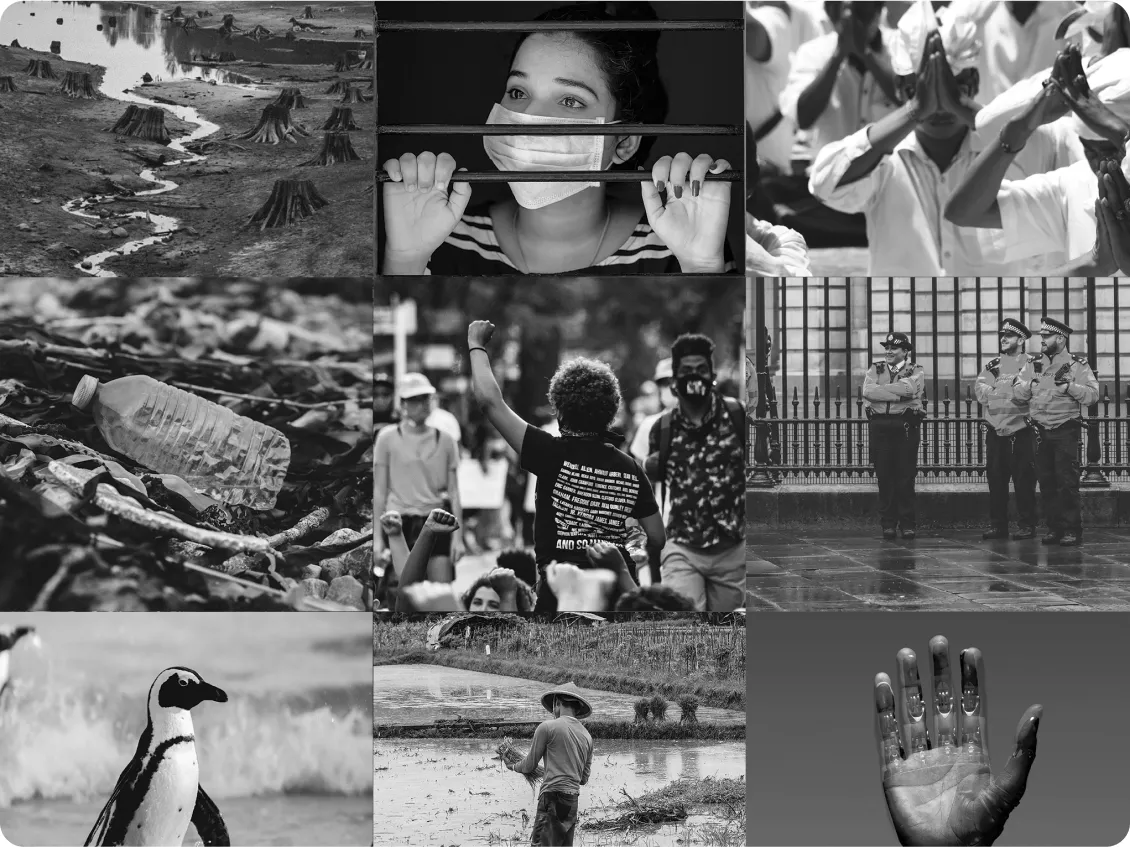


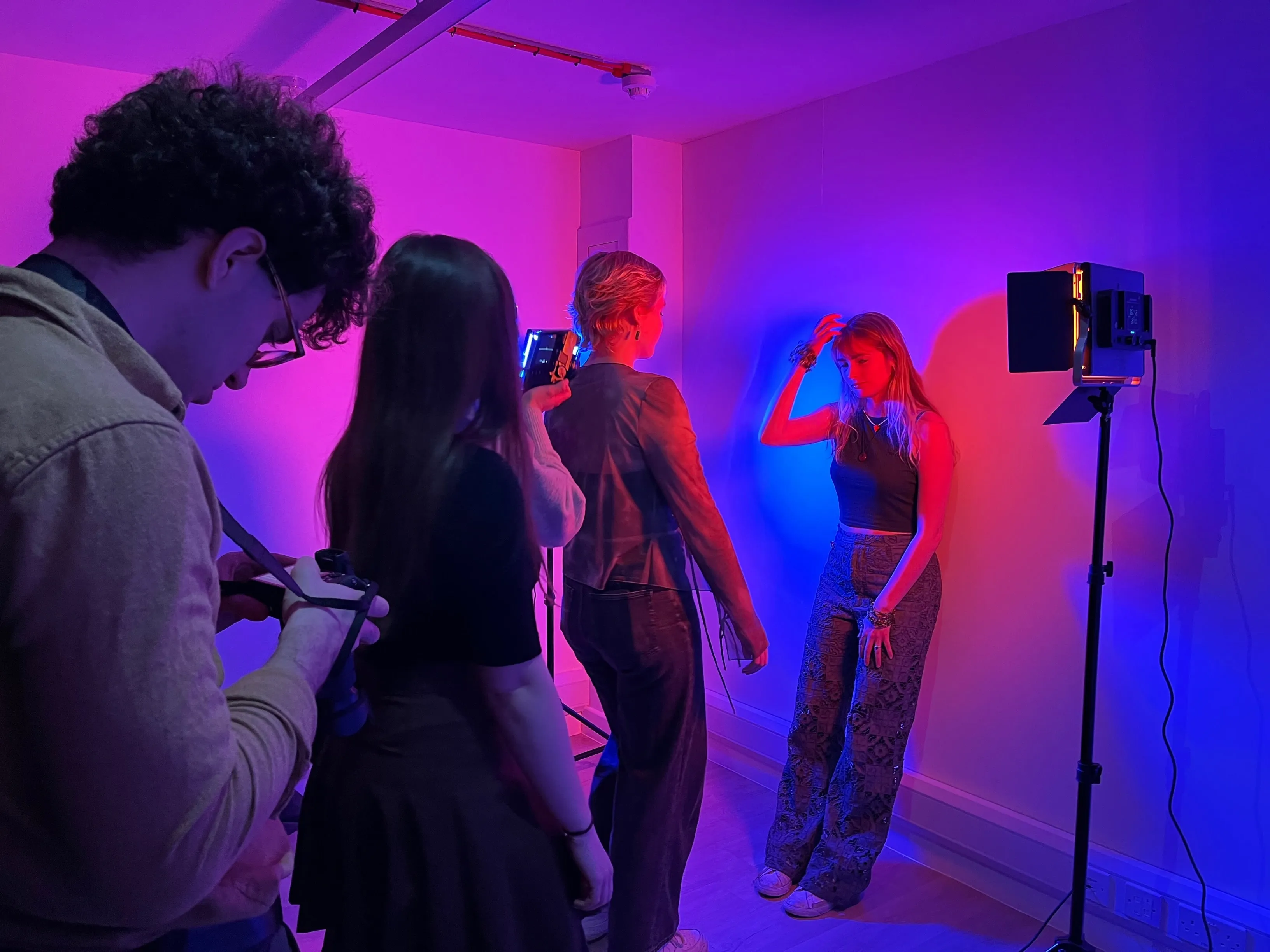
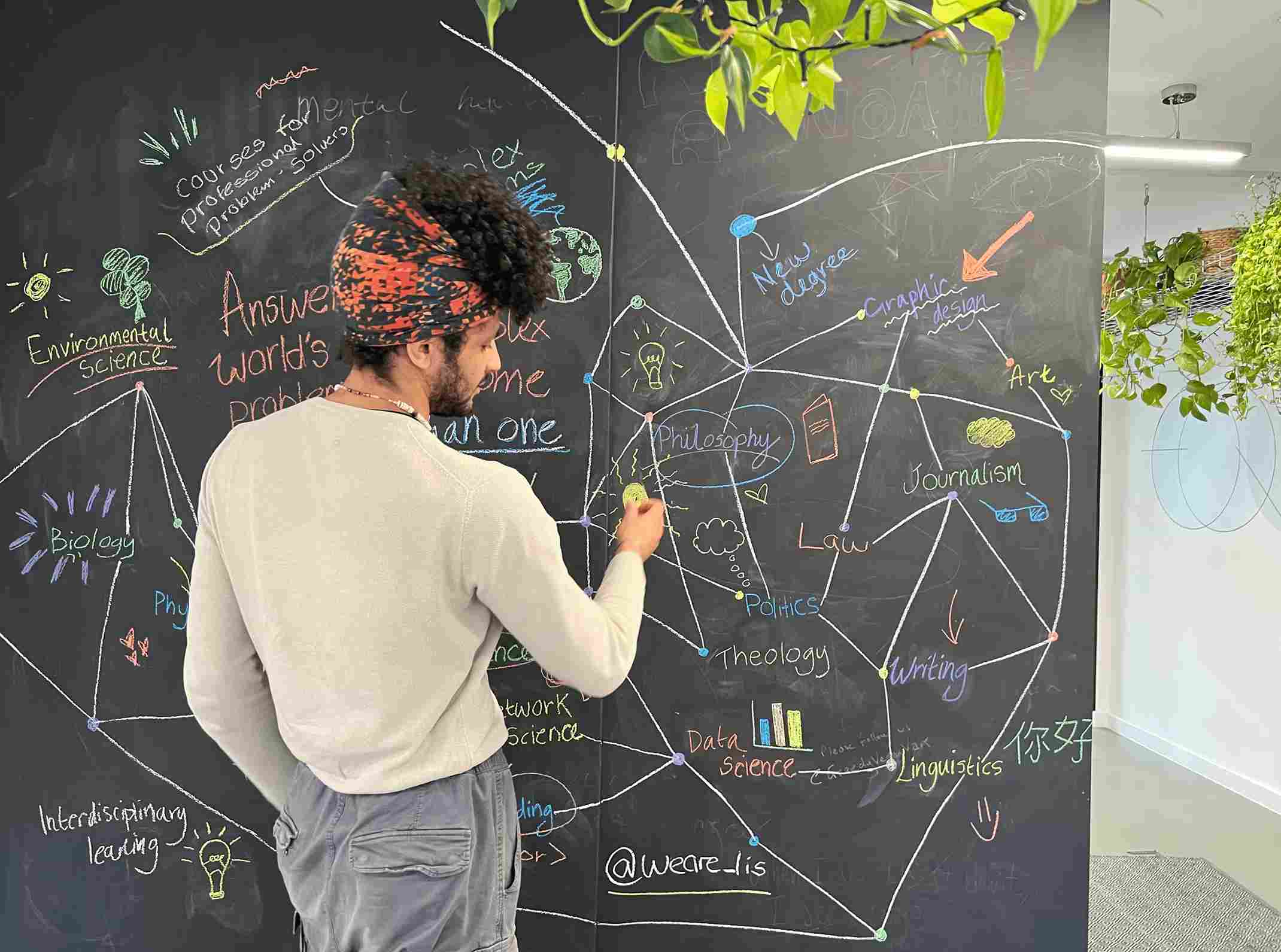
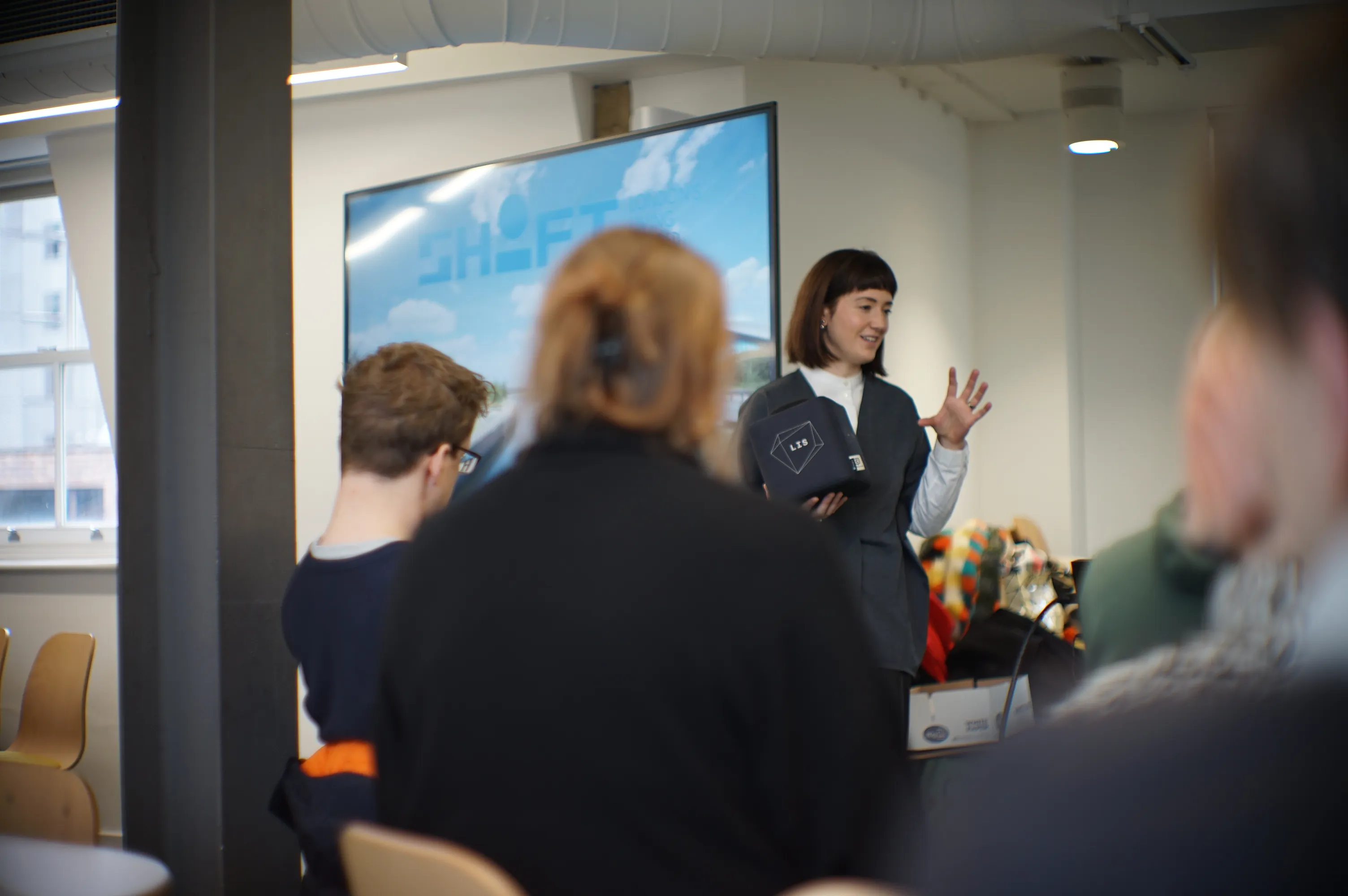
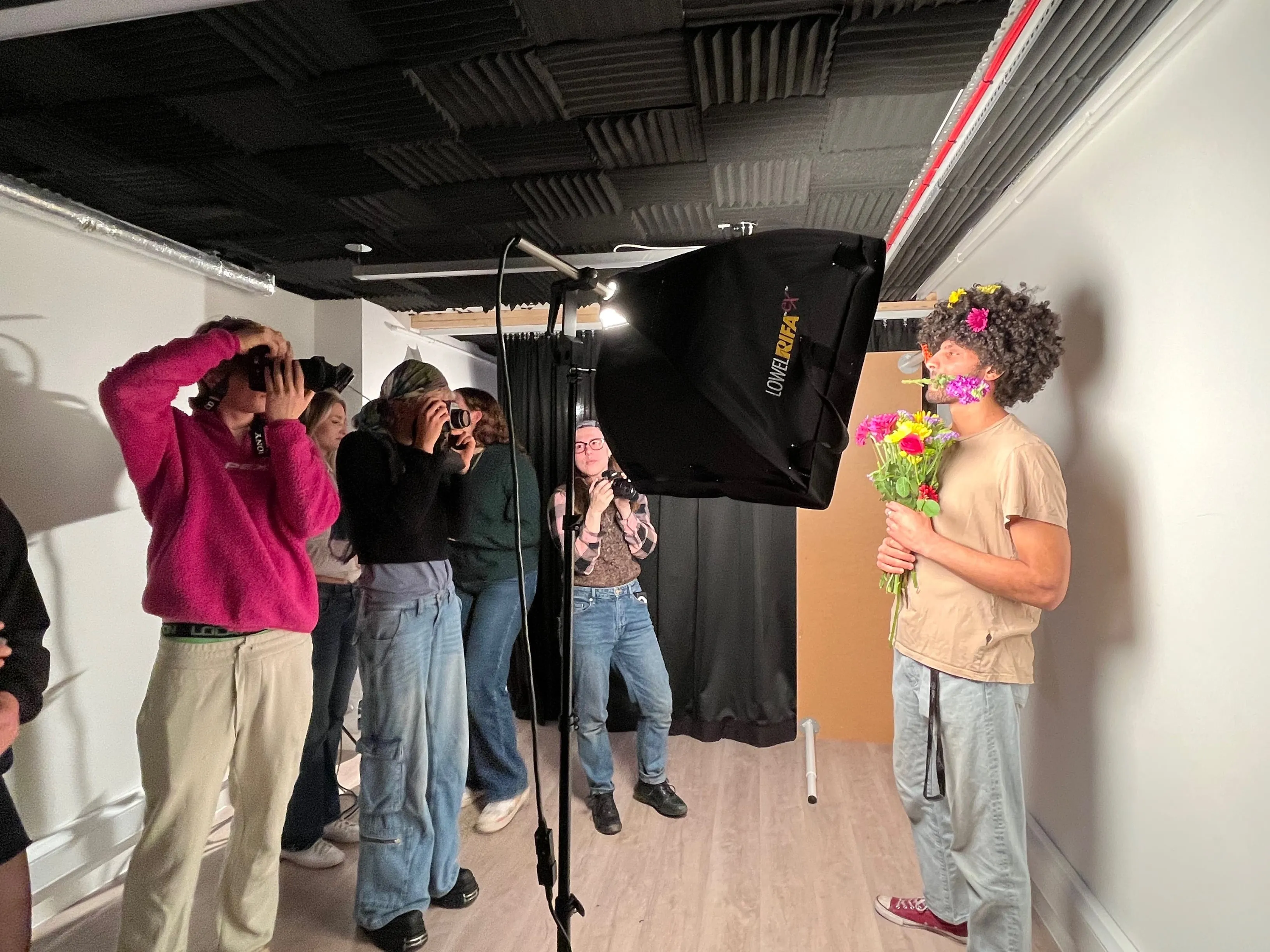
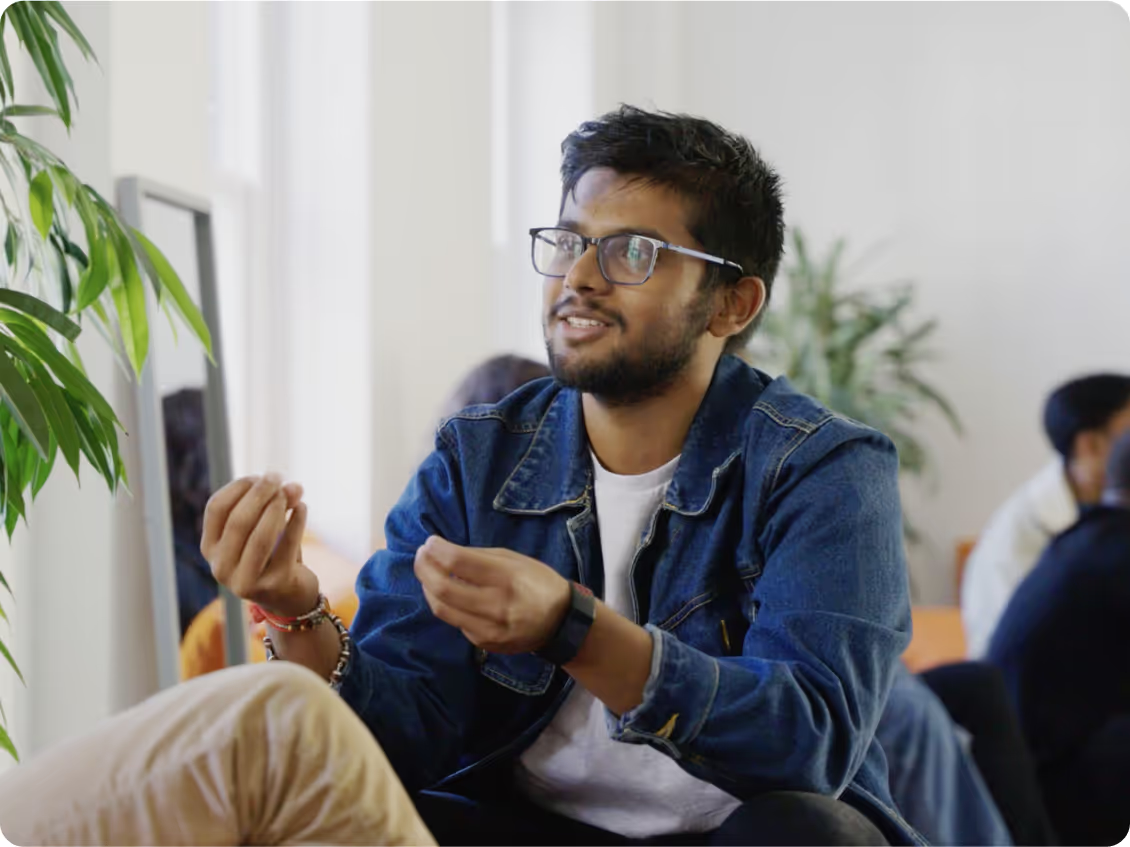

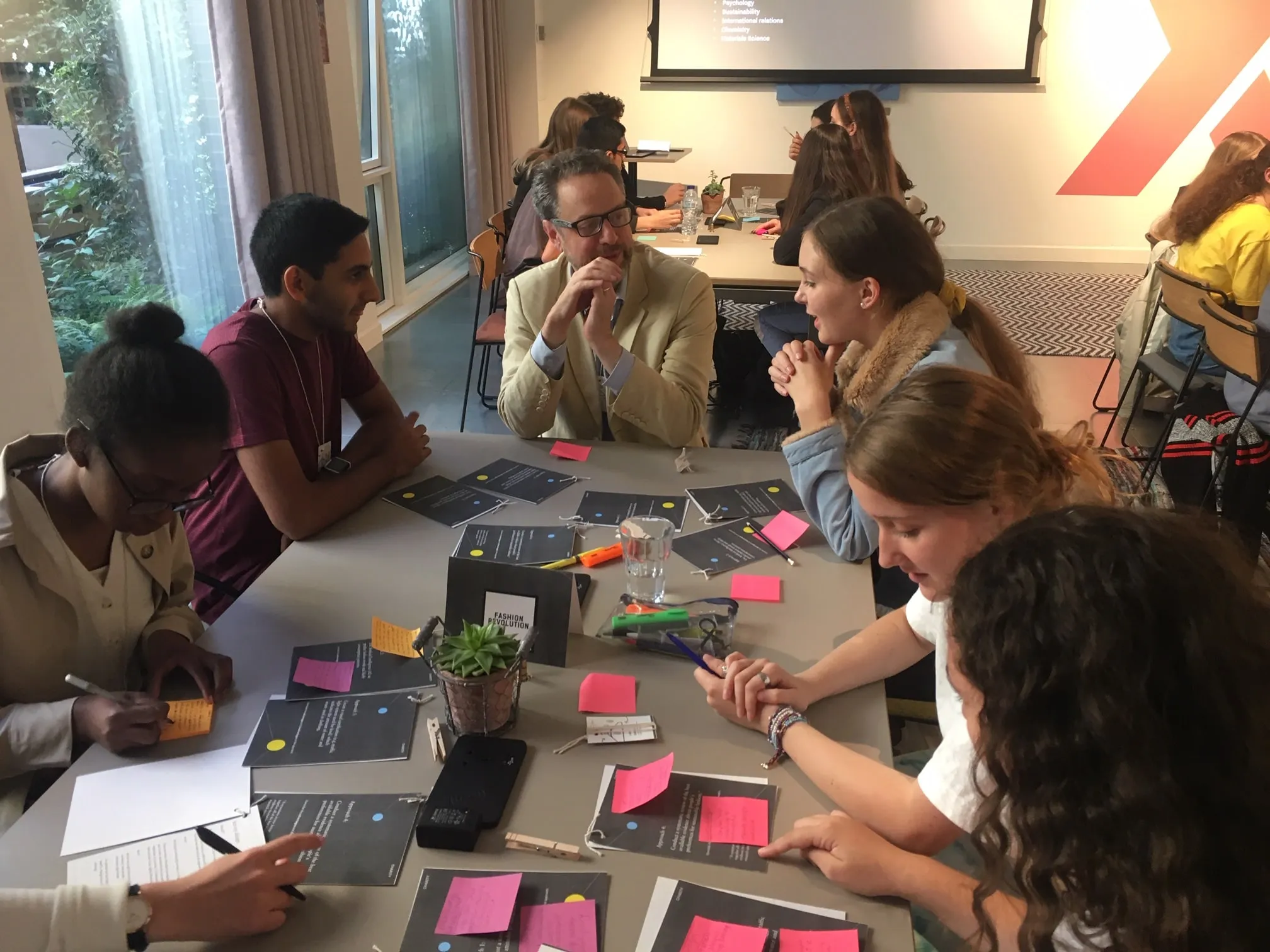
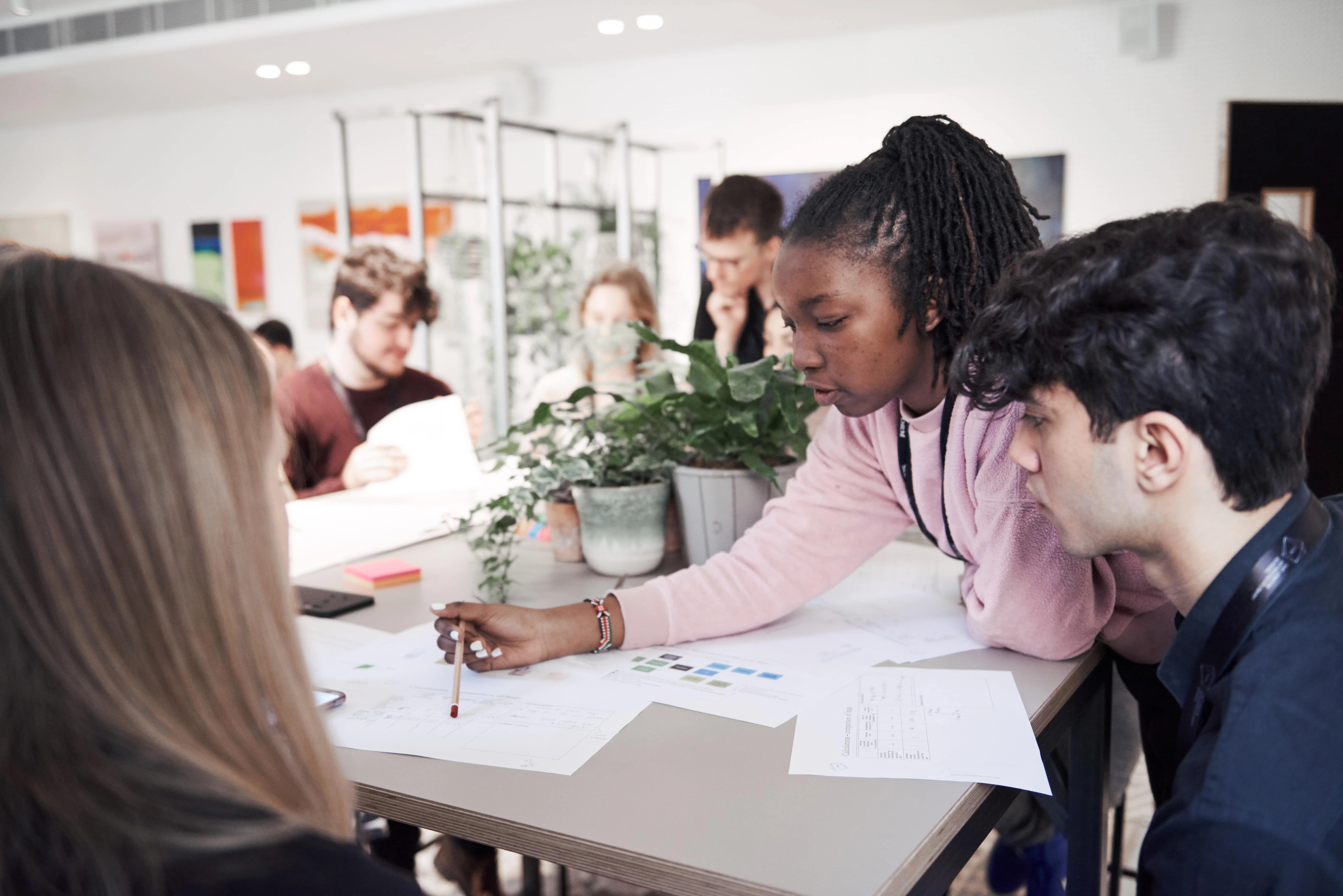
.svg)



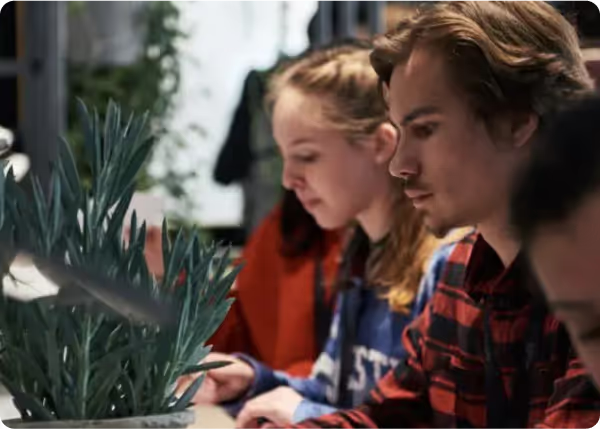
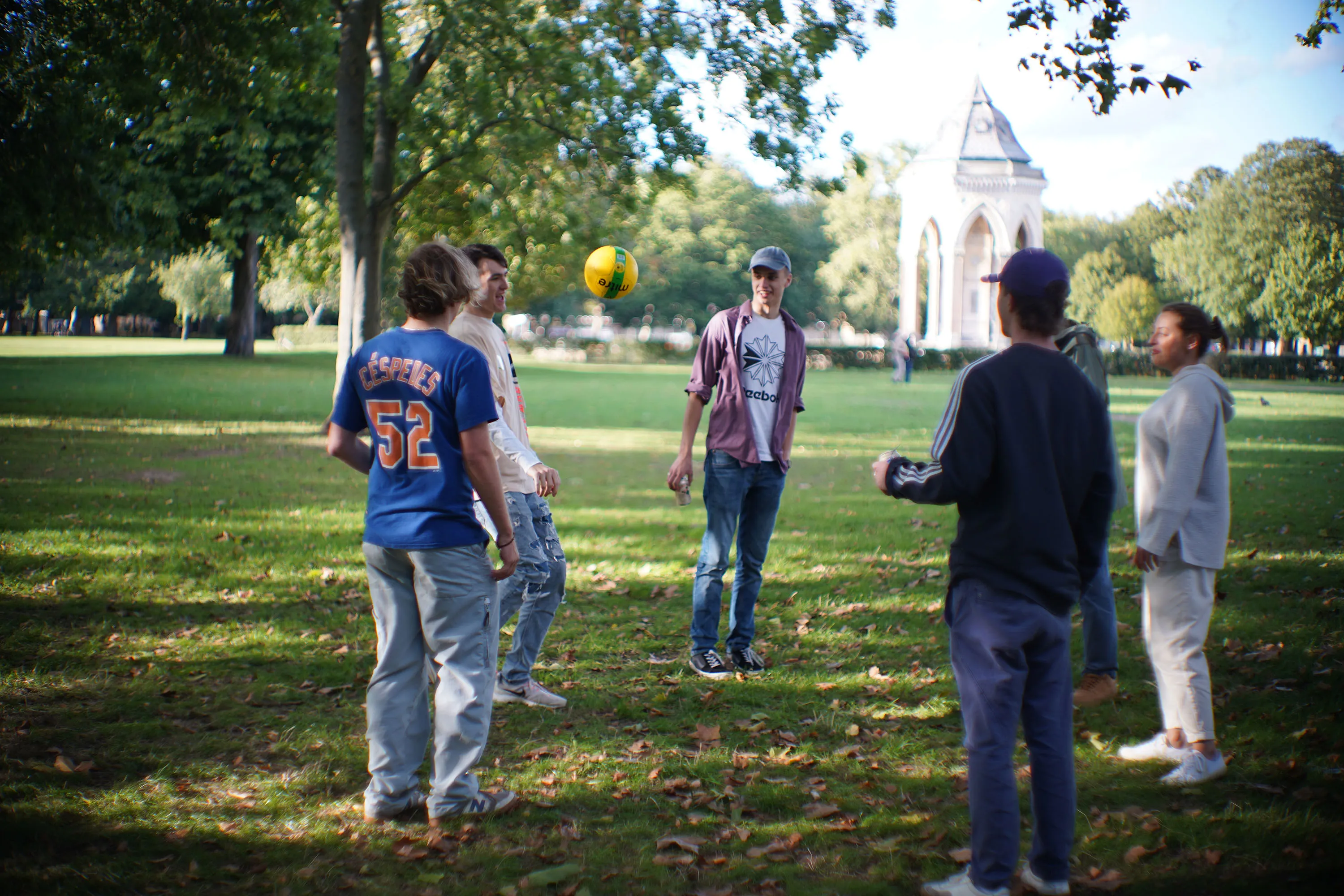


%20square%202.webp)
.svg)
.png)


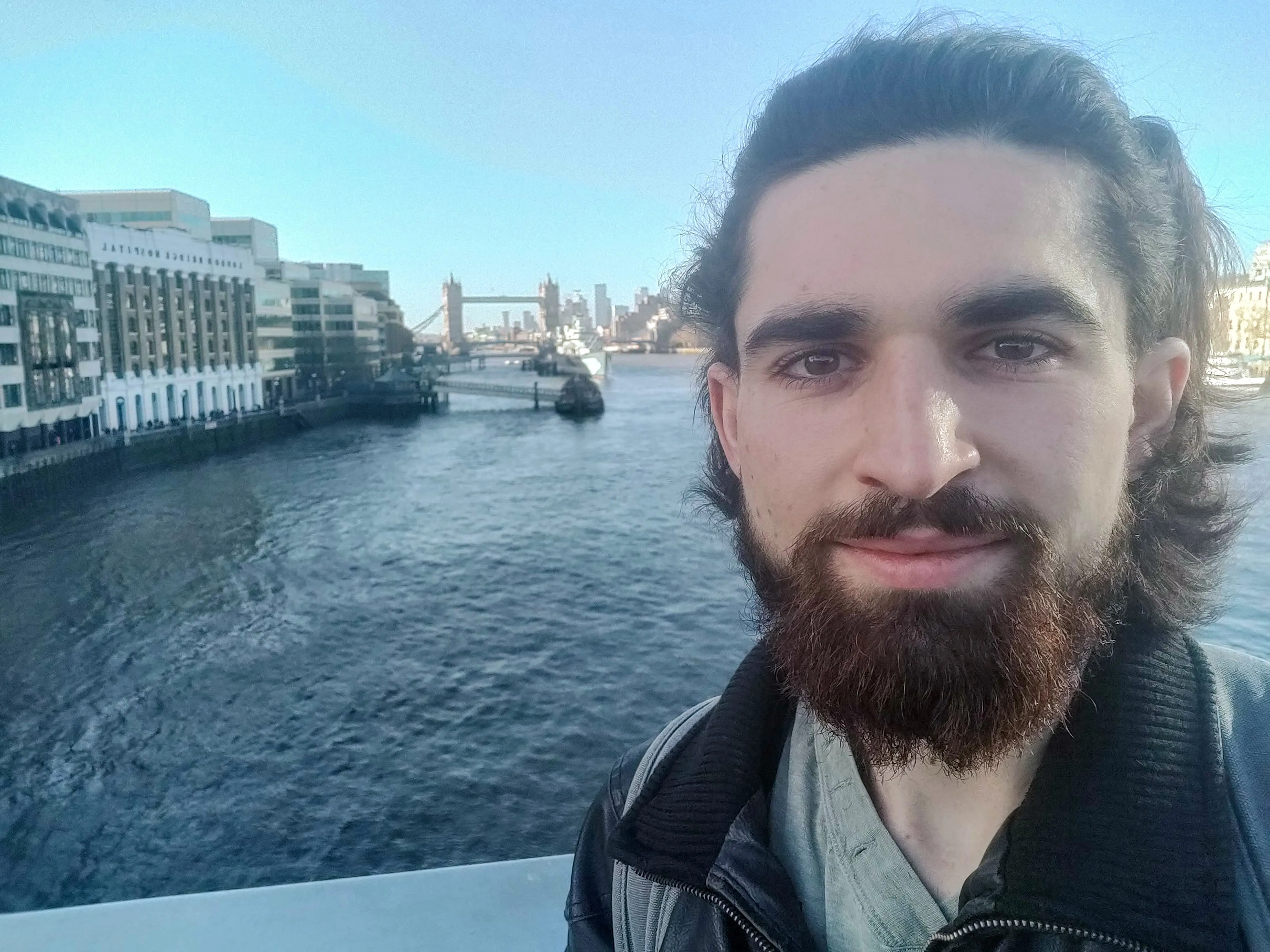





.svg)
